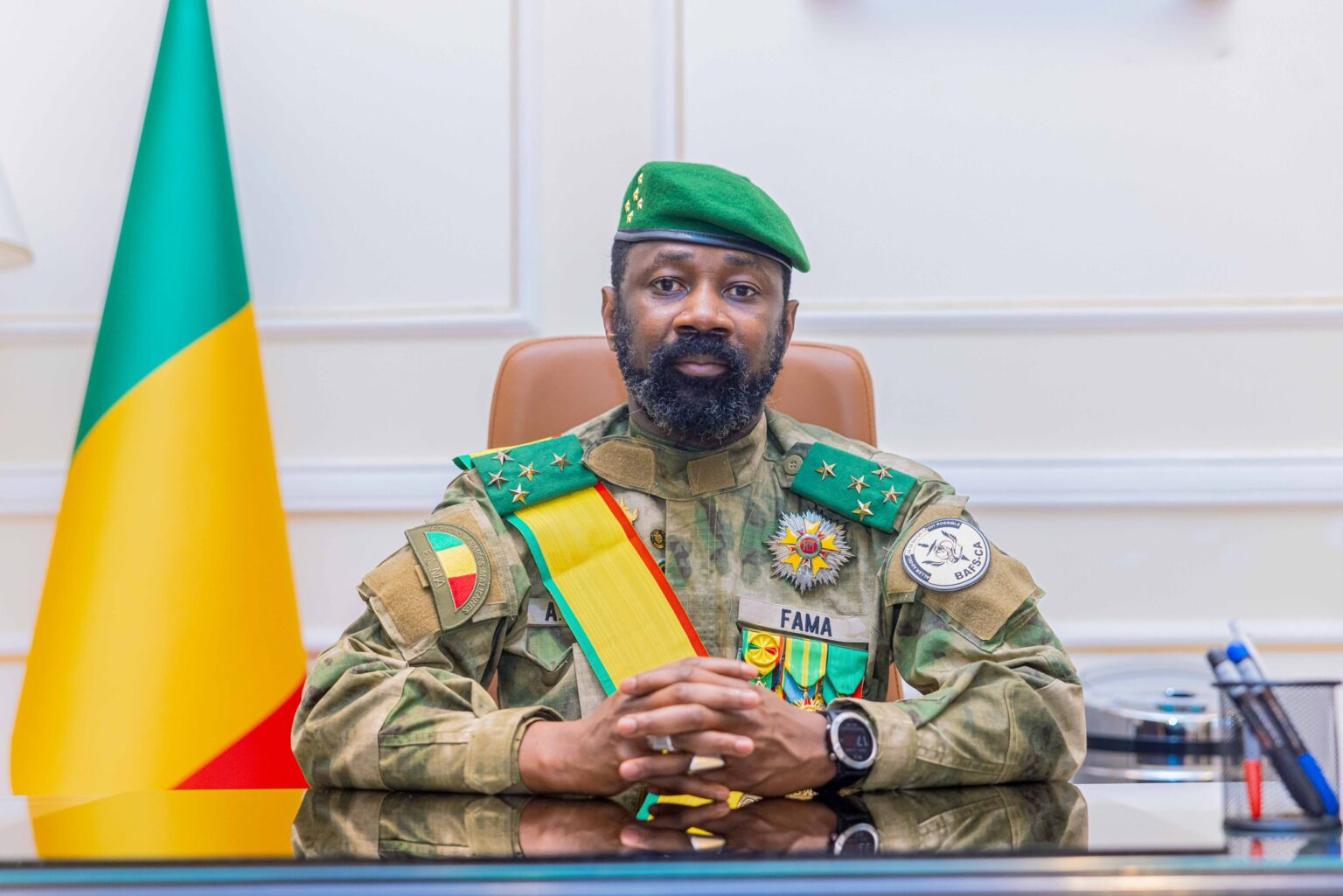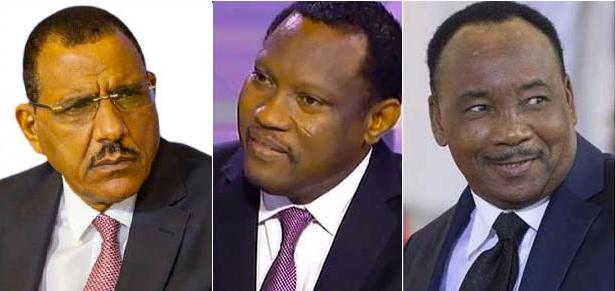
From a combination of our own detailed analysis and the array of about 20 recent articles and reports, the following concluding points and forecasts can be made:
- Russia will most likely continue to improve its relationships with African countries to counter its increasing global isolation as a result of the Ukraine war. In particular, it will turn to African leaders for support in the UN. Alongside that trend, the anticipated increase in terrorism in Sahelian and West Africa, will lead to more countries requesting Russian assistance.
- France appears unlikely to fully regain its previous influence in the Sahel and certainly not in the near future. However, a combination of tactful diplomacy and military support to meet the region’s actual needs could allow the US to become a preferred partner and especially if, as will almost certainly be the case, Russian support proves underwhelming.
- Some analysts believe President Putin wants to transform Russia into an indispensable player in Africa which the West will have to engage with to help combat the jihadists in the Sahel. For example, Chatham House’s Paul Melly believes that Putin is moving beyond the stage of disrupter, and that he is becoming more strategic by seeking to develop a regional arc of influence. He will do so by offering military aid — particularly from the controversial Wagner Group mercenaries — without the human rights and governance conditions that are attach to Western support. While this may be true we do not believe that Wagner can deliver on this ambition for the reasons outlined above.
- As one of the five UN Security Council’s permanent members, Russia can offer favours to African countries including keeping human rights violations off the agenda.
- There might be a relatively short increase in West African trade with Russia, especially if the latter is forced to offer products, such as diesel and other fuel products, at big discounts.
- Last month’s shipments of Russian gas oil, fuel oil, naphtha and gasoline headed to several African ports including Lagos, Tema, Dakar and Conakry. According to shipping data, Lukoil’s Geneva-based Lukoil International Trading and Supply Company (LIASCO) subsidiary was by far the biggest single shipper.
- Russia is a peripheral player in Africa’s upstream sector and particularly when compared to China whose state-owned majors are involved in upstream projects throughout the continent, with financial backing from Chinese state banks. By comparison Russian companies have experienced a series of failures. Gazprom’s previous bid to acquire projects in Nigeria came to little. RT Global Resources — a subsidiary of the Rostec state defence group which has no energy sector expertise — pulled out of a 2016 project to build a new oil refinery in Uganda. Meanwhile Gazprombank, which is one of Russia’s largest lenders, is looking to finance oil and gas projects in South Africa but so far without success.
- To counter this influence, the West should continue engaging with Sahelian leaders, by highlighting the economic viability of working with the West rather than Moscow which counts for less than 1% of Foreign Direct Investment (FDI) in Africa.
- Russia’s current engagement in the Sahel is unlike that of the former Soviet Union and does not involve significant public expenditure. It is highly unlikely that it will be able to deliver on promises of socio-economic development because its own underdevelopment reveals that Russia ’does not do development.’
Another opinion that deserves consideration is that the US needs to adopt robust diplomacy accompanied by a more aggressive posture toward the Wagner Group. This includes formally listing it as a foreign terrorist organisation and not merely as a transnational criminal organisation as the US State Department did earlier this month. Washington could also do more ‘pre-bunking,’ or declassifying intelligence in the lead-up to Wagner Group operations in order to prevent it alleging any plausible deniability and hold it accountable for any atrocities.
This excerpt is taken from Sahara Focus, our monthly intelligence report on the Sahara region. Click here to receive a free sample copy.


